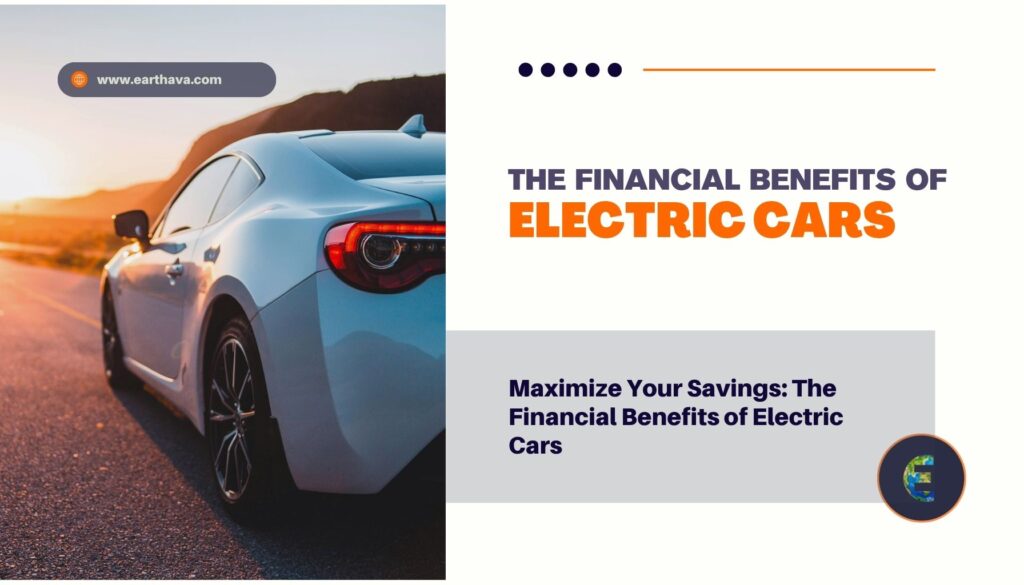Today, oil is one of the most profitable, influential industries in existence. We use petroleum products to power our vehicles, warm our homes, and make a wide range of consumer items.
Natural gas, which comes from the same wells as oil, has become the dominant source for generating electricity. Big oil plays a major role in the economy and has a wide-reaching influence on politics, as well.

Even as major automakers like Volvo announce the move to begin manufacturing all-electric cars in the coming years, most experts predict the internal combustion engine will be around for the foreseeable future. However, one writer says Big Oil will be on the way out by 2025.
Technology consultant, inventor, and blogger Seth Miller made that bold prediction in an article on the Medium publication NewCo Shift that’s been making the rounds on social media. The reason? Owning an Electric Vehicle costs 66 percent less than owning a gas-powered internal combustion engine vehicle. Plus, we may eventually ditch owning a car altogether for more affordable options.
The Transportation of the Future
2025 isn’t too far off in the grand scheme of things, but Miller writes that things could be drastically different by then. He opens his article by painting a picture of a world where the Keystone XL Pipeline shuts down and big oil companies go bankrupt — all because of electric vehicles.
Electric vehicles cost less to maintain, Miller writes, primarily because they contain so many fewer parts than internal combustion engine vehicles. Your standard engine drivetrain has about 2,000 parts, while an electric car’s drivetrain has only 20. That means there’s a lot less that can go wrong.
None of the top 10 vehicle repairs from 2015, which range in cost from $15 to more than $1,000, happen in electric vehicles. This increased reliability means EVs will last longer than traditional cars — 500,000 miles, versus 150,000.
A car that lasts three to four times longer than a standard car costs one-third to one-fourth as much per mile. Switching from gasoline to electricity reduces prices by another one-third to one-fourth. As electric vehicles become even more affordable and efficient, these savings will become even more substantial. The cost of an EV battery could be under $100 per kilowatt-hour by 2020.
Shifting Economics

A car with a 500,000-mile lifespan will last around 50 years. That means you could keep just one car for your entire lifetime. Would people really do that, especially as technology becomes outdated? Miller doesn’t think so. In fact, he says, most people in 2025 probably won’t own cars at all.
People might not want a car that lasts their entire lives, but for those who drive for a living and put more miles on their vehicles, it makes perfect sense. The lower costs of operating electric cars would lead to significant savings.
Miller takes it a step further, though, and predicts a taxi ride will cost less than driving your personal vehicle. According to the IRS, you can deduct 53.5 cents per mile you drive your car on a business trip. A taxi ride in an electric car would cost about $1.60 per mile, 40 cents lower than a taxi trip in a gasoline-powered car. Most of the cost of an electric taxi ride would go toward paying the driver.
Self-driving taxis could change all that. Operating an autonomous electric vehicle would cost around 13 cents per mile, making it even cheaper than driving your own fully paid off. The cost of gasoline and maintenance brings the cost per mile to about 20 cents.
Because of these changes in the transportation industry, Miller writes, the fall of big oil could happen sooner than most expect. He notes it took just seven years for film cameras to become a relic in the wake of digital cameras. Just five years after Apple introduced the first smartphone, Nokia’s share of the mobile phone market dropped from 50 percent to just 5 percent.
As auto manufacturers continue to improve the battery range of electric cars, it might spark another wave of extinctions, too — the familiar corner gas station.
Electric vehicles are going to dramatically change the way we get around. They’re already becoming more popular as prices continue to fall. They won’t just change transportation, though.
The significant reduction in oil demand they create will weaken one of the world’s largest industries and lead to massive changes in economies and politics around the world.


